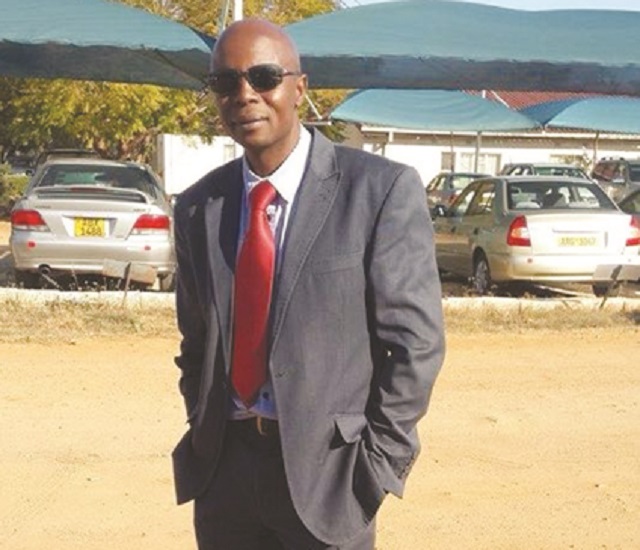Rich nations’ failure to honour pledge scuttles Paris Agreement

Innocent Ruwende in Bonn, Germany
THE failure by developed countries to honour their pledge of providing $100 billion annually to developing countries for strengthening their climate resilience will scuttle the Paris Agreement, a senior Government official has said.
Climate Change Management Department director Mr Washington Zhakata, who is the head of the technical delegation to the UN climate talks here, said the developed world has in principle closed the issue in their minds opting to concentrate on the preparations for implementation of the Paris Agreement from 2020 and beyond.
The developed countries have obligations of reducing their emissions under the Kyoto Protocol and mobilise up to $100 billion for developing countries prior to 2020.
“The view of the Zimbabwe delegation is shared with the bloc of 134 developing countries, including India and China (G77/China), here at UN negotiations in Bonn,” he said.
“If we do not respect decisions that we have made, then how can we build trust among the parties? As a developing country being impacted heavily by climate change, we underscore the difficulty of reaching a consensus on other related Paris Agreement issues at the 196-nation COP 23 talks”.
In order to keep the trust in the endeavours to curb climate change, developing countries sought to have a “pre-2020 agenda” formally added to the negotiating process.
This issue is not on the agenda from the start of the 12-day talks due to pressure from the developed countries who are no longer keen to discuss and implement their emissions reduction targets under the current treaties.
Efforts to resolve the issue have so far been fruitless. The issue is now hanging over into the second week and will become a political issue for ministers.
Some 20 heads of state, including French President Emmanuel Macron and German Chancellor Angela Merkel, are scheduled to appear at the UN climate forum during the last week of negotiations.
“We instead, in view of the emissions reduction deficit to keep the temperatures rise below 1.5 Degrees C, are expecting rich nations to enhance financial support and revisit their targets to increase their ambition for curbing greenhouse gas emissions before 2020,” said Mr Zhakata.
“With one degree of warming so far, the planet has already seen an increase in drought, deadly heatwaves and superstorms engorged by warming and rising seas.”
He said after yet another year of extreme weather events, which devastated Zimbabwe and many other communities across the world, it was clear that urgency of action has become more than a slogan.
Mr Zhakata said the new pact was weak in that it rests on voluntary carbon-cutting pledges from virtually every country in the world.
“We remind developed countries that they accepted historical responsibilities of causing climate change and have pledged to work effectively on reducing the rate at which climate is changing and also assist financially, developing countries to adapt to climate change impacts,” he said.
“Under the terms of the UN’s core climate convention, the burden for action before 2020 falls mainly on wealthy countries historically responsible for the rapid rise of greenhouse gases.”











Comments